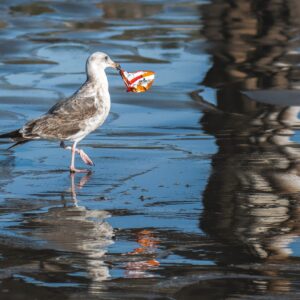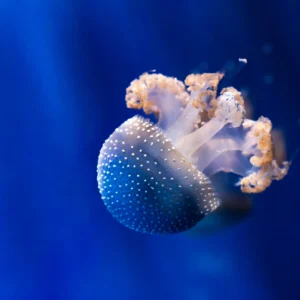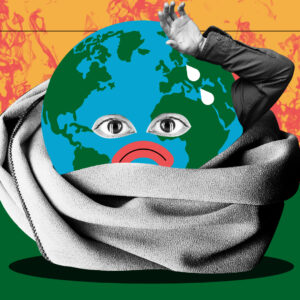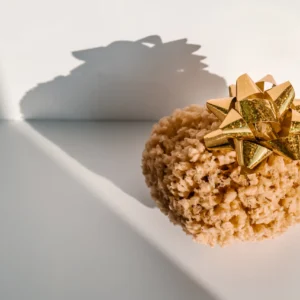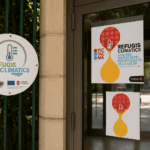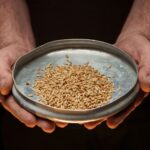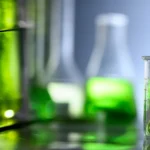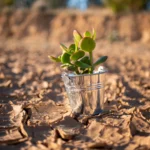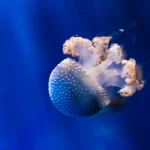The surgical masks that protected human lives during the coronavirus pandemic are now a disaster for the environment and a threat to our health. Are there any alternatives?
What are the dangers of single-use surgical masks?
The danger lies in the entire production and consumption chain for these masks. They are made from a plastic resin extracted from petroleum. The fibers of this resin are ultra-fine, and rapidly transform into nano particles that end up in our food chain.
Once used, these masks are thrown back into nature, killing all kinds of animals, from strangled birds to suffocated sea turtles, no species escaping. In 2020 alone, our species threw 1.5 billion masks into the oceans (environmental organization OceansAsia), adding 6,200 tonnes of plastic waste to the 8 million tonnes of plastic waste dumped into the oceans every year (Ellen MacArthur Foundation).
Remember that plastic is not biodegradable, i.e. it is not broken down by nature. It becomes more dangerous when it breaks down into nano particles and becomes invisible to the human eye. This is where it ends up in the fish we eat and in groundwater, i.e. the water we drink and with which we water the fruit and vegetable crops we eat. So these plastic nano-particles end up in our organs.
Can these masks be recycled?
Some countries have started recycling these masks. It’s better than nothing, but it’s not the best solution for three major reasons. Firstly, the recycling process consumes a lot of electrical energy, and is therefore polluting. Secondly, during recycling, greenhouse gases (GHGs) are emitted. These GHGs account for 70% of global warming. Basically, we’re replacing the plague of plastic pollution with the cholera of GHG emissions and certain dangerous volatile compounds.
Finally, we can’t recycle these masks ad infinitum, since we can only recycle them 3 times. Sooner or later, they will end up in the environment.
What are the alternatives to these masks?
Today, several initiatives have been launched with the aim of stopping this hemorrhage of plastic. For example, a Dutch designer has created a project to produce biodegradable masks made from rice paper and seeds. These masks can be planted in the ground and give life to flowers. In Tunisia, we have millenary textile know-how that would enable us to make biodegradable masks. This is an opportunity to be seized.
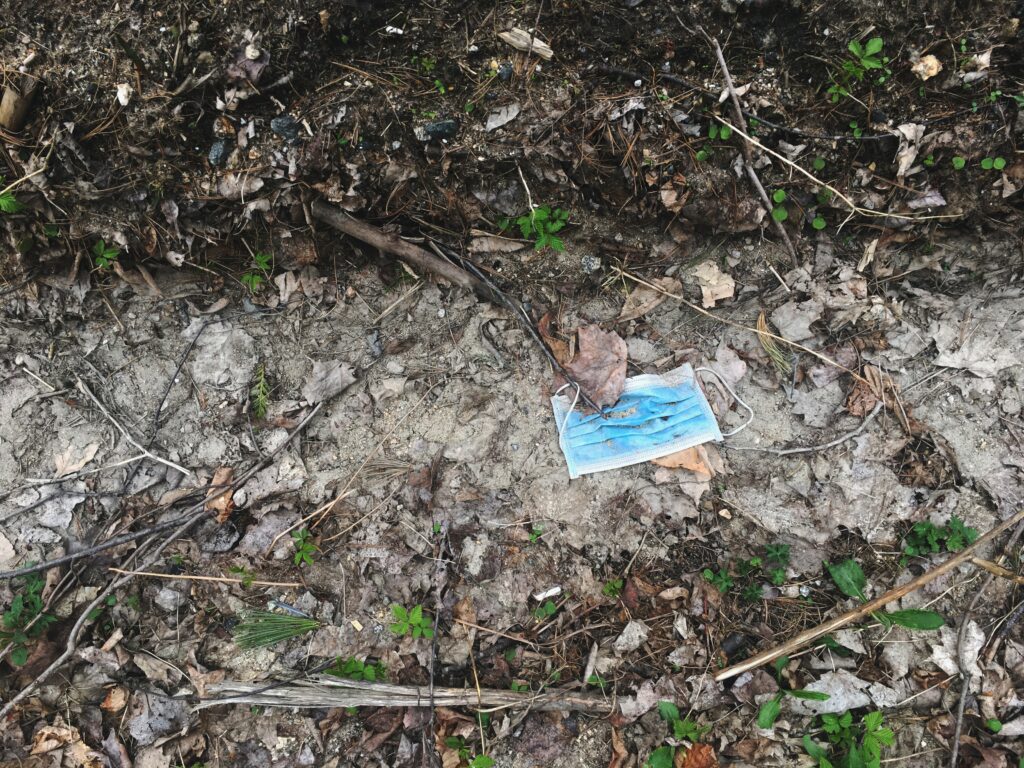
Photo by Cate Bligh on Unsplash

